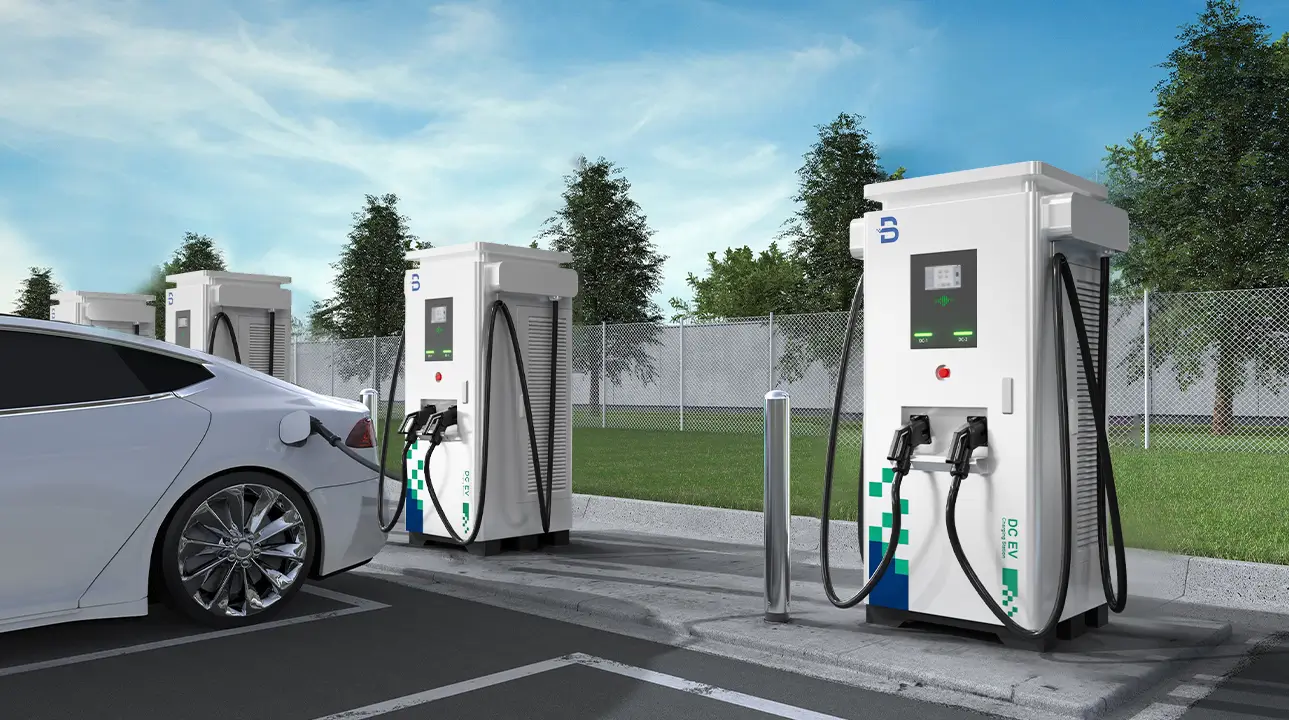[ad_1]
Unauthorised vehicles, especially locally made battery-run rickshaw, easy-bike, shallow engine-driven Nosimon and Karimon, continue to ply different streets in the capital and other parts of the country under the very nose of the authorities concerned, contributing to road accidents.
These types of vehicles also operate on national and regional highways, allegedly paying toll to some dishonest local political leaders and policemen on a monthly basis.
Road Transport and Bridges Minister Obaidul Quader has recently admitted that the number of deaths in road accidents was increasing due to the plying of illegal three-wheelers on highways.
Nazrul Islam, an auto-rickshaw driver, said he bought a monthly token from police for Tk 600 for running his vehicle on Faridpur-Jashore highway. “Several hundred drivers of our area are regularly buying this monthly token,” he said.
CNG-run auto-rickshaws are also plying highways in different districts, including Gazipur, Narayanganj, Narsingdi and Sylhet.
Illegal battery-run rickshaws are operating in most of the areas in the capital, including Mohakhali, Wireless Gate, Mugda, Maniknagar, Mirpur, Khilgaon, Basabo, Rampura, Badda, Chairman Bari, Mohammadpur and Bangshal.
These rickshaw operators pay bribe to local police and operate the vehicles, mostly in lanes and by-lanes of residential areas.
Sajjad Hossain, a rickshaw operator who runs his own rickshaw inside the residential areas of Wireless Gate in Mohakhali, said: “I pay Tk 1,400 per month to local police so that I can run my rickshaw. I usually ferry passengers up to the Banani Bridge. If I go past that, police will seize my rickshaw,” he said.
He said around 140–150 such battery-run rickshaws are in operation in the area.
A regular rickshaw-puller needs to pay Tk 100–150 per day to its owner while the operator of a battery-run rickshaw Tk 300–350, Sajjad said.
Visiting different areas, including Kamrangirchar, Lalbagh, Islambagh, Gandaria, Demra and Konapara under Dhaka South City Corporation (DSCC), this correspondent found a huge number of battery-driven rickshaws plying the streets.
Rickshaw operators said it is not too difficult to evade the authorities.
“Whenever we see policemen coming, we flee or divert to different direction. If we get caught, they charge us Tk 1,200 as wrecker fee,” said Sajib.
It is hard to estimate the actual number of such vehicles in the capital, but DSCC officials estimated it to be around 30,000-40,000.
On July 3, 2014, the High Court banned the plying of mechanised and battery-run rickshaws across the country as the vehicles are being run without any licences.
Those rickshaws were dangerous because most of these used to run 3-4 times faster than its usual speed without having proper braking mechanisms, increasing the risk of accidents.
Abu Saleh Mohammad Raihan, joint commissioner (North Traffic Zone) of Dhaka Metropolitan Police, said many unauthorised battery-run rickshaws are coming to the capital from outside ahead of Eid. “We’ll take steps against those,” he said.
Battery-run rickshaws and vans are locally assembled and modified and these vehicles were considered hazardous. These types of vehicles cause accidents as they collide with other vehicles and hit people.
These vehicles lack proper braking system with only the front wheel having brakes. Therefore, these vehicles frequently overturn while trying to stop due to their unmanageable speed.
According to statistics of Accident Research Institute of Bangladesh University of Engineering and Technology (BUET), such vehicles contribute to around 7-8 percent of all the road accidents.
Another argument against these informal rickshaws and vans is the use of lead-acid batteries.
Also, the electricity usage for charging these batteries and the public health and environmental impact, indiscriminate use, disposal and recycling of batteries are issues of concern.
[ad_2]
Source link





More Stories
Questions to Ask Before Insuring Your EV
Expert Tips for Drastically Reducing the Costs of Your Car
Car Safety Testers Beefing Up Their Gear for Electric Cars